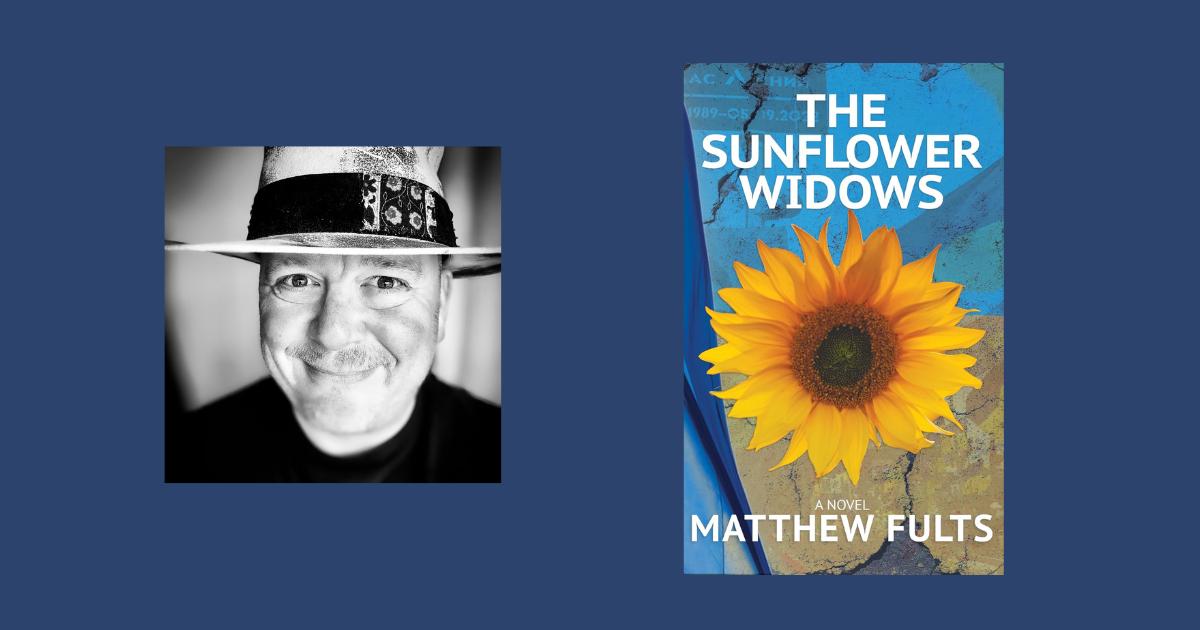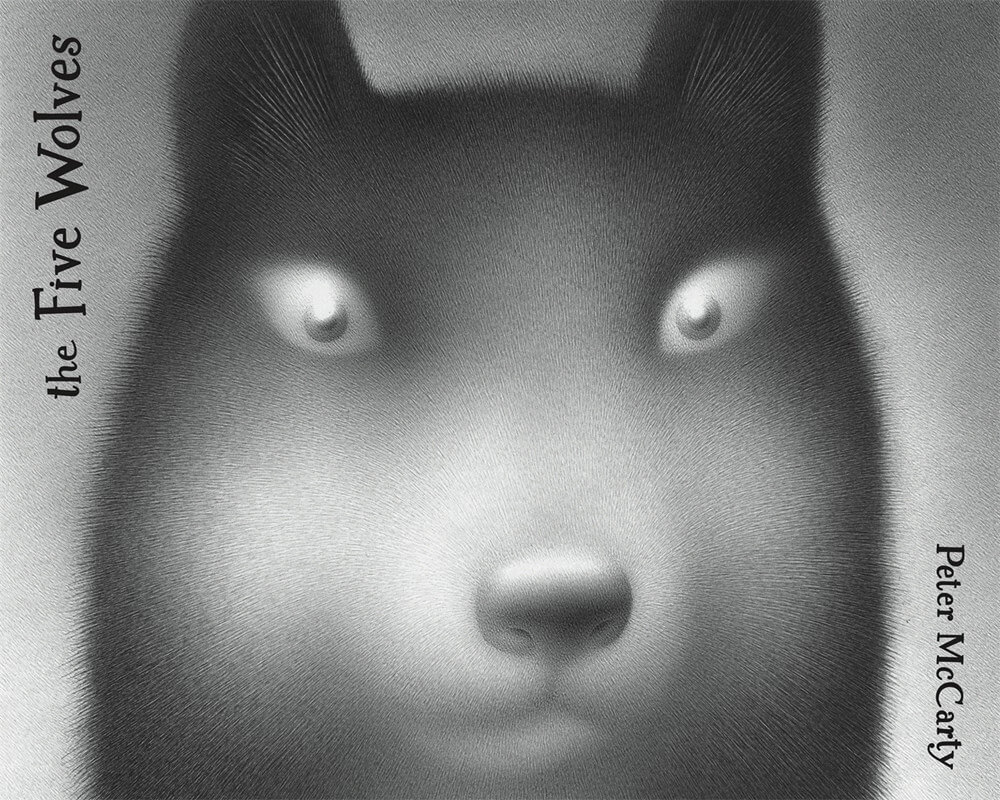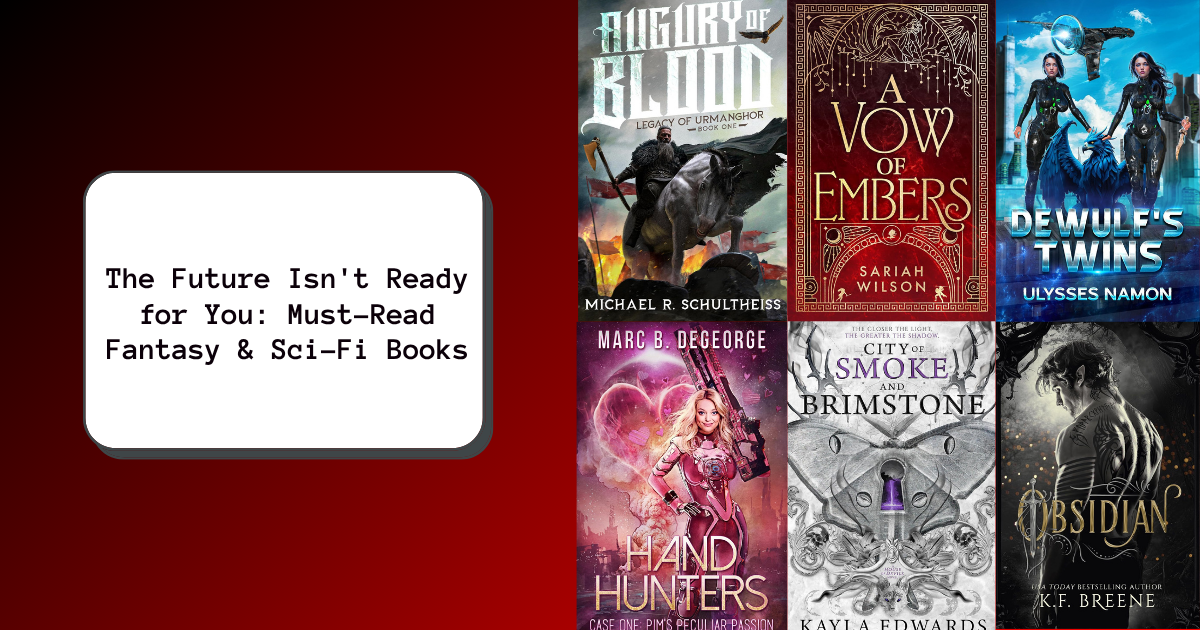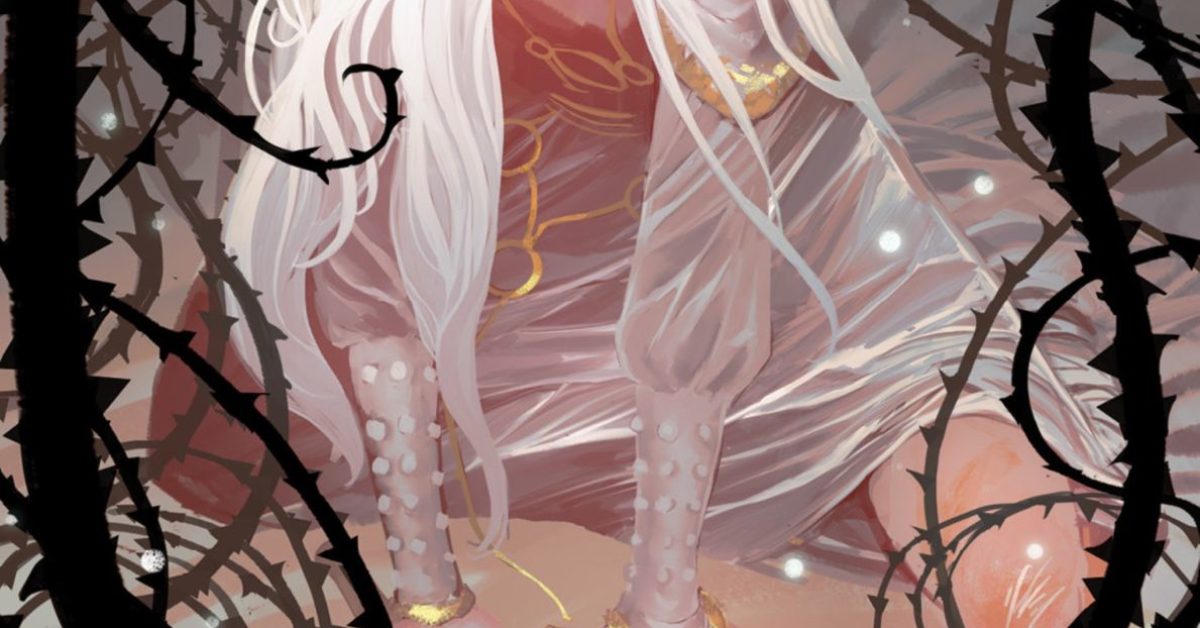Hidden beneath a verdant maze on the cover of Myriam Gurba’s new essay collection is a vintage photo of a young couple. If a curious reader wonders whether the maze is imprisoning, protecting or drawing nourishment from the man and the woman, that full spectrum of possibility is likely the intended effect. An author of both nonfiction (Creep) and fiction (Dahlia Season), Gurba crafts Poppy State: A Labyrinth of Plants and a Story of Beginnings in layers of mystery and discovery. From the springboard of her opening line (“Do you like surprises?”), Gurba catapults her reader to an afternoon with her middle school girls-only club where secrets are sworn and imaginations have full reign. Her lively storytelling immediately engages interest, but ultimately, it is her courageous vulnerability that has a lasting impact.
Poppy State refers to the author’s native land, California, but it also alludes to an imagined ecosystem of inner healing. The book is fashioned as a garden; within her essays, Gurba plants seemingly disparate ideas in blocks of text that add color and texture to the essays. One page arranges text to mimic swarms of ants; elsewhere, Gurba’s use of white space reflects the bursts and pauses of close conversation. Every one of these literary “breaths” is a space in which to muse together. “I want to show you something,” Gurba announces, inviting the reader into a description of her plant-filled apartment, as if the reader is a friend who has happened by.
Gurba’s invitation, it turns out, is to a labyrinth. Upon entering, a cryptic message appears: “Turning pages twists the reader’s path. She must get lost to get unlost.” Detours—whether through memory, newspaper archives or her ancestral beginnings—grant essential wisdom. Some lead to the village of Azqueltán in Mexico, home of her great-grandparents, where corn is the “edible mother”; or to vast fields of strawberries, where migrant farmworkers struggle for a decent wage; or to encounters with spirit-vultures and with Oshun, the Yoruba deity of beauty and fertility. Some excursions uncover acts of hatred, colonial oppression or violence; these strike a tragic resonance with the racism and misogyny that have left deep wounds in Gurba’s own life. She asks herself and her readers, “How do we ethically inhabit this planet together?”
Poppy State is a book of self-empowerment that blossoms in hope, light and color. It is also compelling social commentary that traverses diverse, thought-provoking paths without losing clarity or purpose. Wander through the book’s pages as an observer and you will be intrigued, entertained and informed. Linger in the garden with Gurba, gathering from the book’s bounty, and you will come away changed.

















